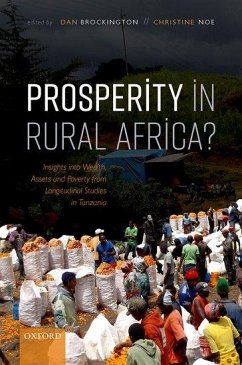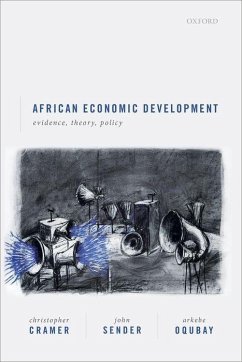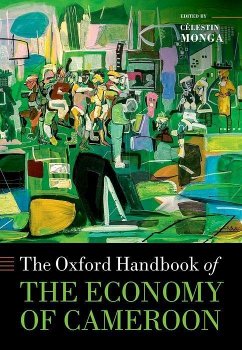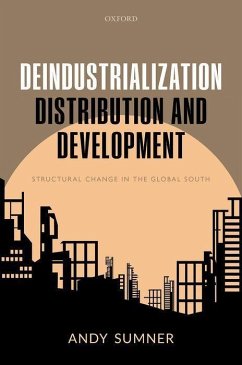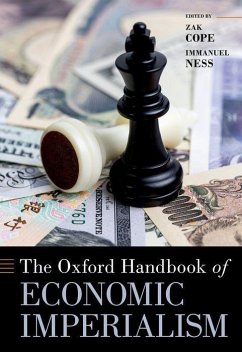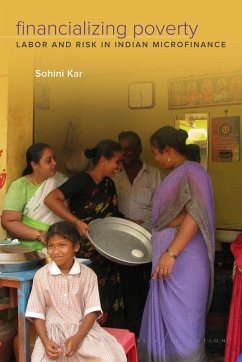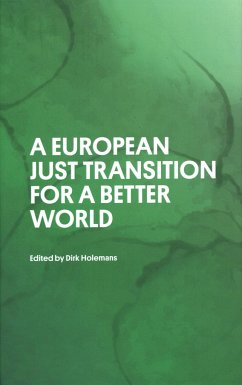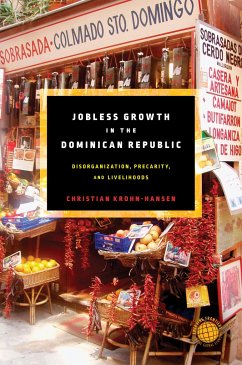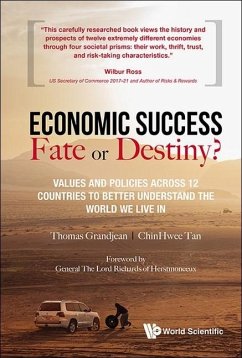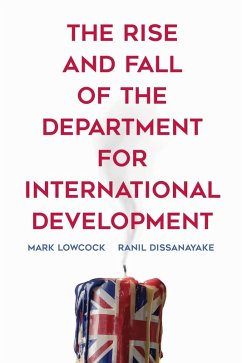
Gebundenes Buch
New Mediums, Better Messages?
How Innovations in Translation, Engagement, and Advocacy Are Changing International Development
Herausgeber: Lewis, David; Woolcock, Michael; Rodgers, Dennis
Versandkostenfrei!
Versandfertig in über 4 Wochen

PAYBACK Punkte
49 °P sammeln!




New Mediums, Better Messages? demonstrates that development is not only about economics and technology but also about ideas, perceptions, and representations.
David Lewis teaches at the London School of Economics and Political Science, where he has specialized in development issues in South Asia, with a particular focus on Bangladesh. An anthropologist by background, he is author of Bangladesh: Politics, Economy and Civil Society (Cambridge University Press, 2011), Non-Governmental Organizations, Management and Development (Routledge, 2014) and co-author with Katy Gardner of Anthropology and Development: Challenges for the Twenty First Century (Pluto, 2015). Dennis Rodgers is Research Professor in Anthropology and Sociology at the Graduate Institute of International and Development Studies, Geneva, Switzerland. His research focuses principally on issues relating to the dynamics of conflict and violence in cities, with tangents on the historiography of urban theory and popular representations of development. In 2018, he was awarded an ERC Advanced Grant for a project on "Gangs, Gangsters, and Ganglands: Towards a Comparative Global Ethnography" (GANGS), which aims to systematically compare gang dynamics in Nicaragua, South Africa, and France. He previously held appointments at the Universities of Amsterdam, Glasgow, Manchester, and the London School of Economics. Michael Woolcock is Lead Social Scientist in the World Bank's Development Research Group, and an Adjunct Lecturer in Public Policy at Harvard Kennedy School. He has published numerous articles and books across several sub-fields of international development, including conflict dynamics, social theory, legal reform, research methods, state capability, and popular culture. An Australian national, he has a PhD in comparative historical sociology from Brown University.
Produktdetails
- Verlag: Oxford University Press
- Seitenzahl: 276
- Erscheinungstermin: 31. Oktober 2022
- Englisch
- Abmessung: 240mm x 164mm x 22mm
- Gewicht: 594g
- ISBN-13: 9780198858751
- ISBN-10: 0198858752
- Artikelnr.: 63459453
Herstellerkennzeichnung
Libri GmbH
Europaallee 1
36244 Bad Hersfeld
gpsr@libri.de
Für dieses Produkt wurde noch keine Bewertung abgegeben. Wir würden uns sehr freuen, wenn du die erste Bewertung schreibst!
Eine Bewertung schreiben
Eine Bewertung schreiben
Andere Kunden interessierten sich für


